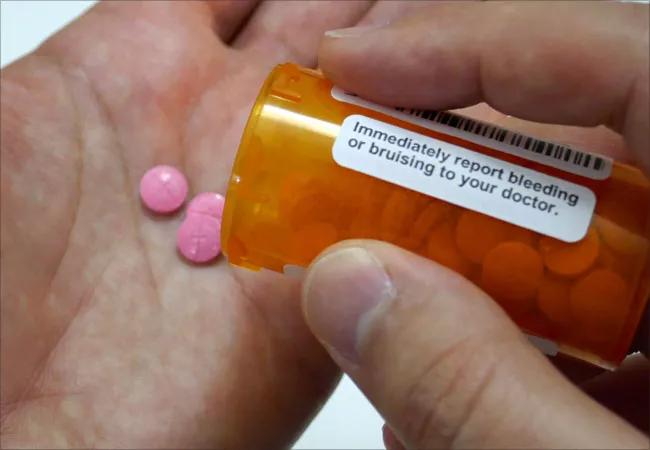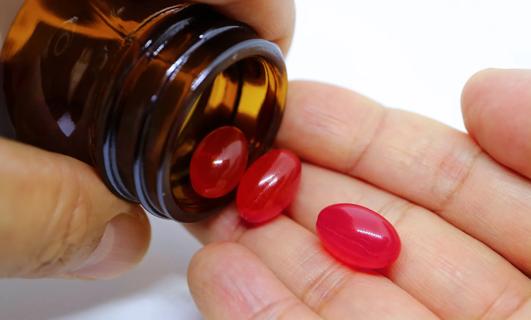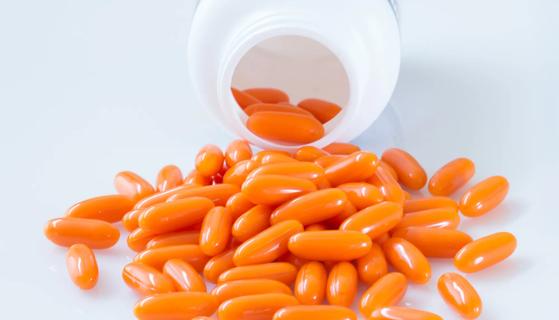Advertisement
The Short Answer from a cardiologist

A: Because atrial fibrillation (AFib) increases your risk of blood clots forming in the left atrium, anticoagulation — taking blood thinners — can reduce your risk of stroke.
Advertisement
Cleveland Clinic is a non-profit academic medical center. Advertising on our site helps support our mission. We do not endorse non-Cleveland Clinic products or services. Policy
Your CHA2DS2Vasc score helps determine your stroke risk. Most guidelines recommend that patients with atrial fibrillation and a CHA2DS2Vasc score of 2 or more are usually better off with anticoagulation, unless they have a high risk profile for bleeding.
CHA2DS2Vasc awards points in this way:
You already have 1 point for being over 65 years, and 1 point for being a female, and you’ll get a third point when you turn 75.
So overall, your risk/benefit ratio would likely be in favor of anticoagulation — especially if you do not have any previous history of bleeding or predisposition toward bleeding. (For example, liver, kidney or platelet problems must be factored in, as they increase your risk of bleeding.)
The decision to take blood thinners is an individual one, so talk it over with your doctor, who knows your health history.
— Cardiologist Mandeep Bhargava, MD
Advertisement
Advertisement
Learn more about our editorial process.
Advertisement

Yes, grabbing a few beers or a couple of glasses of wine or cocktails with friends can increase your heart rate — dangerously in some cases

Most people don’t need additional CoQ10, but it may help if you live with migraines or heart disease — if you check with your doctor first

Carpal tunnel syndrome sometimes indicates a higher risk for this serious (but now treatable) heart condition

There’s not enough evidence to show that this supplement has any effect on muscle aches from cholesterol-lowering meds

Erythritol is found in a range of “diet,” “sugar-free” and “keto-friendly” foods — but research has linked it to heart attack and stroke

Although allulose is an FDA-approved sugar substitute, more research is needed to understand its safety

Studies show those who walk faster tend to have a lower risk of heart disease

Recognizing subtle symptoms, like cold sweats, stomach discomfort and nausea, could be the key to survival

If you’re feeling short of breath, sleep can be tough — propping yourself up or sleeping on your side may help

If you fear the unknown or find yourself needing reassurance often, you may identify with this attachment style

If you’re looking to boost your gut health, it’s better to get fiber from whole foods